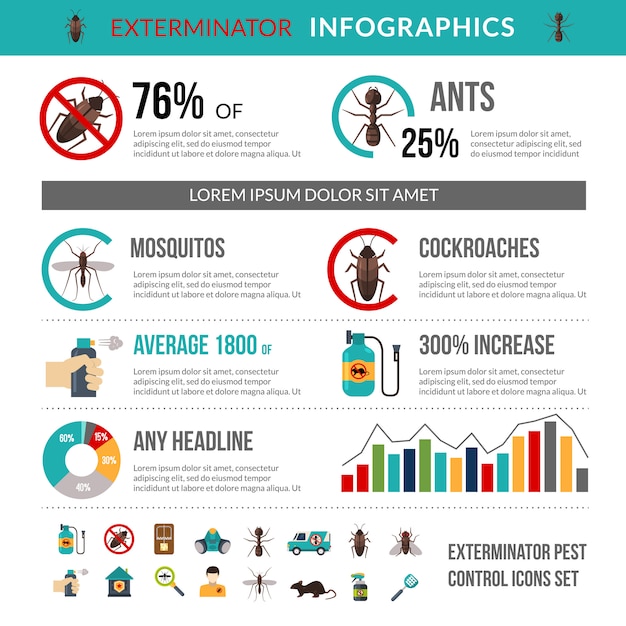Prepare Yourself To Boost Your Garden Right Into A Haven Free From Bugs And Insects With These Advanced Tips And Methods
Prepare Yourself To Boost Your Garden Right Into A Haven Free From Bugs And Insects With These Advanced Tips And Methods
Blog Article
Web Content Created By-Frandsen Pittman
Envision your garden as a refuge, a location of serenity and appeal. Nonetheless, the presence of outdoor bugs can quickly disrupt this idyllic photo. What happens if there were straightforward yet reliable ways to keep these unwanted site visitors away and shield your yard oasis? By complying with a few sensible ideas and applying all-natural techniques, you can create a harmonious outdoor area where your plants can thrive uninterrupted.
Natural Insect Deterrents
To keep parasites far from your garden normally, plant fragrant natural herbs like mint and lavender. These great smelling plants not only include beauty to your yard but likewise serve as reliable parasite deterrents. Bugs like insects, flies, and also some garden-damaging bugs are driven away by the solid scents released by these herbs. Just positioning why not check here around your yard can assist develop a natural obstacle against undesirable parasites.
In addition to mint and lavender, take into consideration planting other herbs like rosemary, basil, and lemongrass to further enhance your yard's pest-proofing capabilities. These herbs not only function as natural repellents but additionally have the added advantage of serving in food preparation or crafting home made remedies.
Strategic Plant Placement
Think about the layout of your garden and the types of plants you need to strategically position them for optimum pest-proofing performance.
Beginning by grouping plants with similar resistance to parasites together. By doing this, you can develop an all-natural obstacle that hinders bugs from spreading throughout your garden.
Additionally, placing pest-repelling plants like marigolds, lavender, or mint near even more at risk plants can aid shield them. High plants, such as sunflowers or corn, can work as a shield for much shorter plants versus pests like rabbits or ground-dwelling insects.
Keep in mind to leave enough space between plants to enhance air blood circulation and lower the risk of conditions that pests may lug.
Furthermore, think about growing strong-smelling herbs like rosemary or basil near prone plants to perplex bugs' senses and make it harder for them to find their targets.
Efficient Pest Control Approaches
For combating garden pests efficiently, carrying out a multi-faceted pest control method is vital. Begin by urging all-natural predators like birds, ladybugs, and praying mantises to help maintain insect populations in check. Introducing plants that bring in these advantageous pests can aid in pest control. In addition, exercising great yard health by eliminating debris and weeds where insects may conceal can make your yard much less friendly to undesirable site visitors.
Consider using physical barriers such as row cover fabrics or netting to secure prone plants from bugs like caterpillars and birds. Applying organic pesticides like neem oil or insecticidal soap can additionally work against particular insects while being less unsafe to helpful pests and the atmosphere. It's important to rotate your plants each season to prevent the build-up of pest populations that target certain plants.
Frequently evaluate your plants for signs of bug damage so you can act quickly. By incorporating these approaches and remaining cautious, you can properly manage yard pests and delight in a thriving, pest-free yard.
Final thought
So, there you have it - with the best strategies, you can maintain pesky outdoor pests away from your yard and help your plants grow.
Did you understand that planting mint has been shown to push back mosquitoes and various other insects, lowering the need for hazardous chemicals by up to 60%?
By incorporating natural deterrents and smart planting strategies, you can produce a gorgeous and pest-resistant garden sanctuary for you to appreciate.
